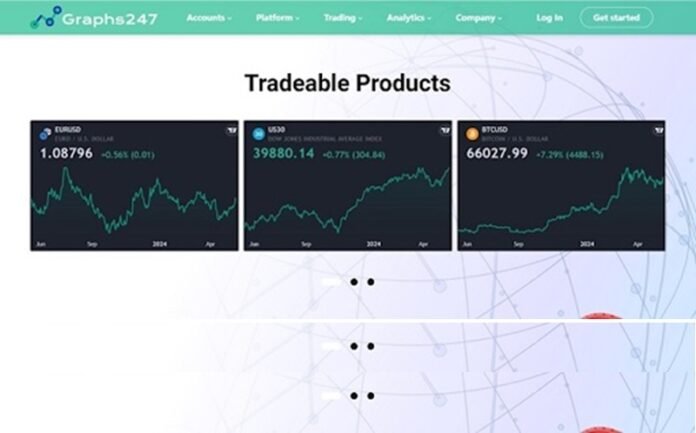When countries enter into bilateral trade agreements, the exchange rates between their currencies can significantly impact the terms and benefits of the deals. For instance, the pound to rupee Pakistan today rate will influence trade dynamics between the United Kingdom and Pakistan. Understanding how exchange rates affect these agreements is crucial for businesses and policymakers alike. Here, delve into the importance of exchange rates in bilateral trade agreements and how they can shape economic relationships.
Influence on Competitiveness
Exchange rates directly affect the competitiveness of a country’s goods and services. When a country’s currency is strong compared to its trading partner’s, its exports become more expensive, and its imports cheaper. This can lead to a trade imbalance, where it becomes harder to export goods due to high prices for buyers in the partner country.
On the other hand, a weaker currency can boost exports by making goods cheaper and more attractive to foreign markets but increase the cost of imports. This dynamic requires careful negotiation in trade agreements to ensure mutual benefits.
Impact on Trade Balances
Trade balances, the difference between a country’s exports and imports, are heavily influenced by exchange rates. A favorable exchange rate can help a country achieve a trade surplus where exports exceed imports. This is often a goal in bilateral trade agreements, as money flows into the country, potentially strengthening its economy.
Suppose a trade agreement leads to a country constantly running trade deficits (importing more than it exports) due to unfavorable exchange rates. In that case, it can harm the national economy, leading to job losses in sectors exposed to international competition.
Pricing and Inflation
Exchange rates can also impact pricing and inflation within bilateral trade agreements. For countries importing a significant amount of goods, a weaker currency can make these imports more expensive, contributing to inflation. Conversely, a stronger currency can reduce the cost of imports, potentially lowering inflation.
Negotiators of trade agreements must consider these effects to prevent adverse economic impacts, such as high inflation rates, which can erode purchasing power and living standards.
Western Union states, “International fund transfer is at your fingertips.”
Investment Flows
Exchange rates influence not just trade in goods and services, but also investment flows between countries. A stronger currency can attract foreign investment, as investors get more for their money. This can be beneficial for developing infrastructure, technology, and jobs.
However, a currency that is too strong can deter investment in export-oriented domestic industries, as it makes their products less competitive internationally. Trade agreements often include clauses protecting investors from exchange rate volatility and encouraging steady investment flows.
Risk Management
Finally, exchange rate volatility presents risks that bilateral trade agreements try to manage. Fluctuations can lead to uncertainty, making it difficult for businesses to plan their international operations and investments.
Agreements can include mechanisms like hedging and currency swaps to manage this risk, allowing for more stable economic relations. Countries may also agree to monitor and discuss exchange rate policies as part of their trade agreements.
The role of exchange rates in bilateral trade agreements is complex but crucial. These rates can influence the competitiveness of goods, impact trade balances, affect pricing and inflation, direct investment flows, and require sophisticated risk management strategies.
As global economies become increasingly interconnected, understanding and negotiating the implications of exchange rate movements is vital for achieving fair and beneficial trade agreements. Whether it’s the pound-to-rupee Pakistan rate today or the dollar-to-euro tomorrow, exchange rates will continue to be a pivotal factor in shaping international trade dynamics.
Must Read:
Will The Ted Lasso Cast Return For Season 4? Everything You Need To Know




